Rapid Prototyping Casting Services
Frigate offers quick-turnaround rapid prototyping castings to help you test part designs without needing expensive, complex tooling. We can also directly print 3D plastic patterns from your 3D CAD files using advanced rapid prototyping technology. This lets you validate your designs faster and more efficiently, ensuring the final product meets your specifications.
Our Clients


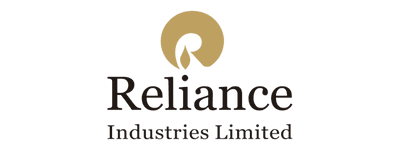
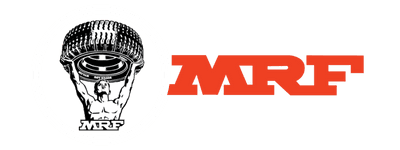
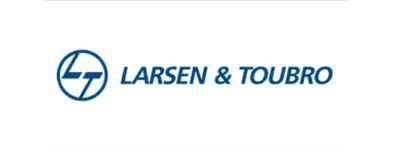



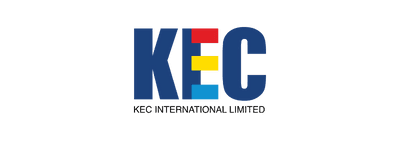


Advantages of Rapid Prototyping Casting Services
On-Demand Manufacturing
Get low-volume manufacturing when you need it. We offer help with product design, development, prototyping, and production, making the process smooth and efficient from start to finish.
Heat Tempering
Our skilled engineers can guide you in choosing the right heat-treating process for your casting. This ensures that your project meets the highest standards for strength and durability. Let us help you get the best results.
Product Development
Our team of experts in metal casting and CNC machining will assist you in designing cost-effective, easy-to-produce products and parts in low volumes. We optimize the design for efficiency while maintaining high quality throughout the process.
Early Detection of Design Flaws
Rapid prototyping helps identify and fix design flaws early, minimizing risks during final production. This early detection allows necessary changes to be made before moving to full-scale production, reducing the likelihood of costly errors later.
Quick turn Investment Castings Capabilities of Frigate
Our prototyping experts and CP wax printers can quickly turn your CAD designs into 3D-printed prototype patterns. Once the castings are complete, we handle secondary processes like heat treatment, non-destructive testing, and machining. We ensure the parts meet tight dimensional tolerances and can create complex shapes with undercuts. Our team is experienced with rapid prototype patterns, including QuickCast and 3D CP wax patterns, using advanced in-house ProJet printers to deliver high-quality results.
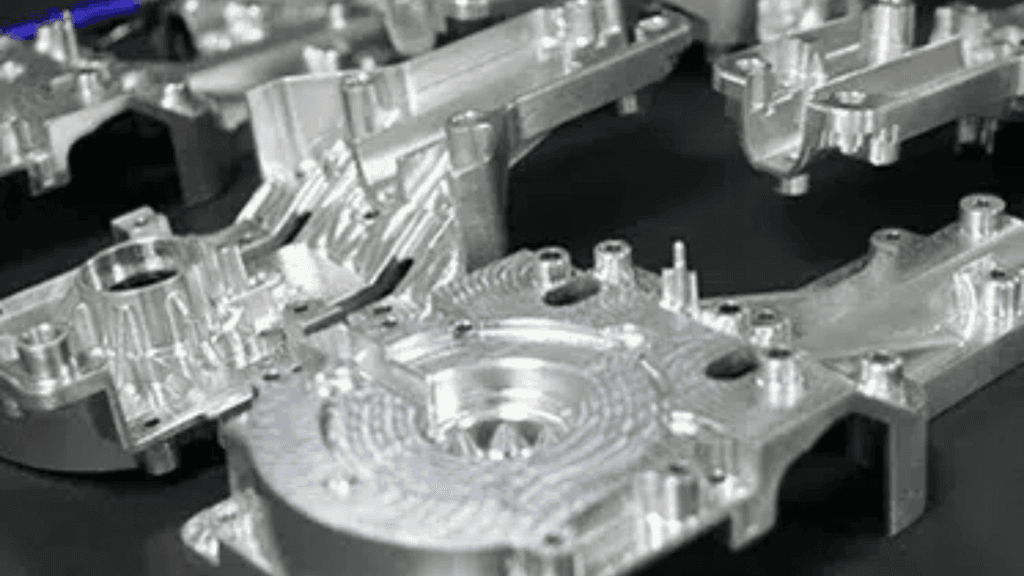
Get Your Quote Now
- Instant Quotation
- On-Time Delivery
- Affordable Cost
Our Rapid Prototyping Casting Process
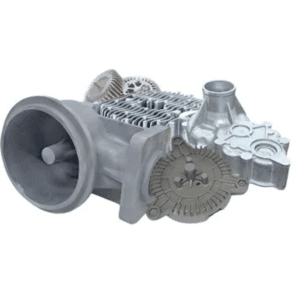
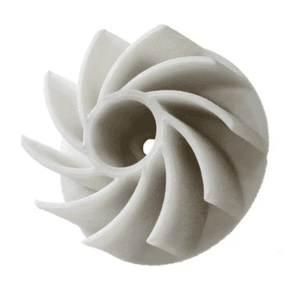
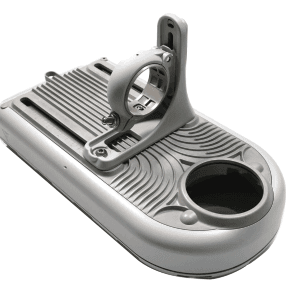
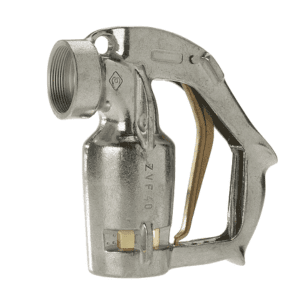
Start with a digital product design, often created using computer-aided design (CAD) software.
Use methods like 3D printing or CNC machining to build the prototype based on the digital design. These techniques can quickly turn a design into a physical object.
The prototype is tested to check its functionality, durability, and performance. This helps identify any issues before mass production.
Based on the testing results, adjustments are made to the design to improve the product.
Post-Processing in Rapid Prototype Casting
Rapid prototype casting requires precise post-processing to enhance surface quality, durability, and performance. Various finishing techniques like heat treatment, anodizing, CNC machining, and polishing refine cast components for aerospace, automotive, and medical applications.
Aerospace (turbine blades), Automotive (engine parts)
Hardness: 40 - 65 HRC
Automotive (gear housings), Aerospace (structural components)
Hardness: 200 - 500 HV
Electronics (heat sinks), Aerospace (aircraft parts)
Conductivity: 0.1 - 0.6 Ω·mm²/m
Automotive (connectors), Medical (surgical instruments)
Adhesion: 5B (ASTM D3359)
Industrial (machine components), Consumer Goods (appliance parts)
Pressure: 3 - 7 bar
Aerospace (landing gear), Automotive (chassis components)
Depth: 10-50 µm
Medical (implants), Consumer Goods (wearable devices)
Surface Ra: 0.4 µm
Automotive (engine brackets), Aerospace (sensor housings)
Removal: 0.01 - 0.1 mm
Jewelry, Medical (prosthetics)
Gloss: 60 - 90 GU (gloss units)
Consumer Electronics (casings), Industrial (pump housings)
Methoding in Rapid Prototype Casting
Aerospace (thin-wall structures), Automotive (engine blocks)
Industrial (gear housings), Energy (turbine blades)
Electronics (heat sinks), Medical (surgical tools)
Automotive (aluminum components), Defense (armor casings)
Heavy Machinery (pump housings), Aerospace (structural parts)
Automotive (cylinder heads), Energy (wind turbine hubs)
Industrial (valves, manifolds), Aerospace (aircraft brackets)
Electronics (micro-components), Automotive (chassis parts)
Medical (implants), Consumer Goods (ergonomic casings)
Aerospace (turbine vanes), Defense (missile components)
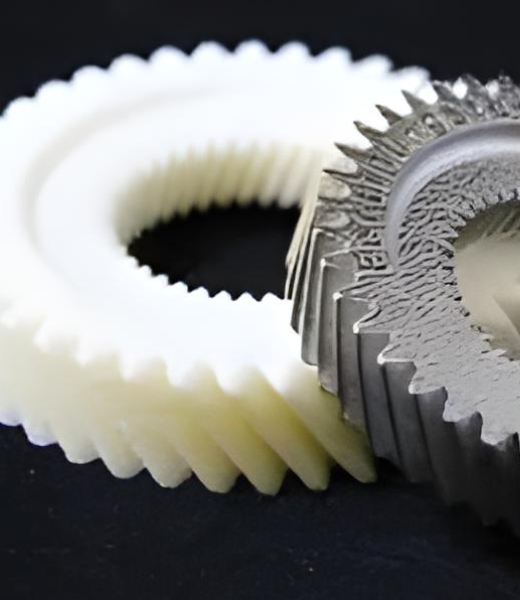
Rapid Prototyping Casting Materials
We deliver high-quality rapid prototyping casting services using various advanced materials. Our expertise ensures that your designs are brought to life with precision and speed, no matter how complex the requirements.
Lightweight and strong, aluminum is often used for automotive, aerospace, and electronics parts. It offers excellent heat resistance and is easy to machine.
It is known for its corrosion resistance and durability. This material is ideal for parts that withstand harsh environments or high-stress applications.
Zinc is a versatile material with good strength. It's commonly used for small, complex parts and is also known for its ability to create detailed and precise prototypes.
Brass is valued for its corrosion resistance and is often used in plumbing, electrical, and decorative applications. It is also good at machinability and durability.
Magnesium is one of the lightest metals available and is often used in aerospace and automotive industries where weight reduction is crucial. It's also strong and offers good heat dissipation.
Plastic resins can be used for lower-strength prototypes. These materials are easier to mold and are cost-effective for early design testing.
A Fusion of Tradition and Innovation
Frigate Die Casting Services blends 3D printing with precision machining to create high-quality prototypes. This approach ensures that each prototype is not just a basic model but a nearly exact version of the final product. Frigate can meet strict quality standards using both technologies, allowing prototypes to be fully tested for real-world applications. Combining 3D printing’s design flexibility and machining accuracy results in reliable, detailed prototypes ready for rigorous evaluations. This process helps ensure the final product performs as expected in real-life conditions.

Compliance for Rapid Prototyping Casting Services
Frigate’s Lost-Foam Casting services fully comply with industry-specific regulations and standards, ensuring superior quality and reliability. We integrate advanced quality control systems and adhere to stringent environmental and safety protocols. Our services are designed to meet the precise needs of each project while maintaining the highest standards in material integrity and production efficiency. Every aspect of our casting process is thoroughly documented, ensuring all products comply with relevant certifications and regulations.
Key Compliance Certifications
Ensures rigorous quality management across all stages of production.
Specifies material requirements for high-performance die castings.
Ensures chemical safety in materials used for prototyping.
Guarantees the exclusion of hazardous substances in manufacturing processes.
Automotive industry standard for quality management in rapid prototyping.
Confirms thread standards and fit for mechanical components.
Certification for environmental management, ensuring sustainability in prototyping practices.
Tonnage / Capacity in Rapid Prototype Casting
Rapid prototype casting requires precise tonnage selection based on material flow, mold filling, thermal contraction, and structural integrity. Optimal capacity ensures dimensional accuracy, minimal porosity, and uniform solidification for high-performance applications.
Automotive (engine blocks), Aerospace (structural parts)
Industrial (pumps, housings), Medical (implants)
Aerospace (thin-wall structures), Electronics (heat sinks)
Automotive (gear housings), Defense (armor casings)
Heavy Machinery (engine components), Consumer Goods
Aerospace (lightweight parts), Electronics (enclosures)
Automotive (precision gears), Medical (surgical tools)
Industrial (valves, manifolds), Energy (turbine blades)
Automotive (cylinder heads), Aerospace (structural panels)
Electronics (connectors), Medical (prosthetics)
Dimensions in Rapid Prototype Casting
Dimensional accuracy in rapid prototype casting is crucial for tolerance control, geometric stability, and mechanical fit, ensuring precise assembly, minimal deformation, and optimal structural performance across applications.
Aerospace (structural components), Automotive (engine blocks)
Electronics (heat sinks), Automotive (lightweight casings)
Medical (implants), Industrial (precision gears)
Aerospace (aero-structures), Automotive (chassis parts)
Heavy Machinery (engine housings), Energy (turbine blades)
Consumer Goods (plastic enclosures), Automotive (body panels)
Industrial (valves, manifolds), Aerospace (aircraft fittings)
Electronics (thin-walled casings), Aerospace (cooling fins)
Medical (micro-components), Automotive (sensor housings)
Industrial (gear housings), Consumer Goods (appliance parts)
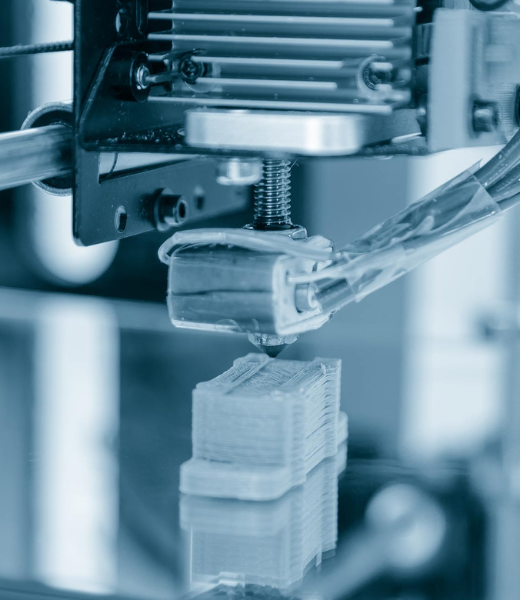
Tolerance for Rapid Prototyping Casting Services
Ensures that the overall dimensions of the prototype match design specifications.
Tolerance on the thickness of walls to ensure structural integrity and fit.
The smoothness of the surface, important for aesthetic quality and performance.
Ensures that features like holes, slots, and threads are accurately formed.
Tolerance on the diameter of holes to maintain functionality and fit.
Ensures surfaces remain flat for assembly and fitment of components.
Tolerance for the angles between surfaces, critical for proper alignment.
Ensures circular features, like holes or shafts, are within tolerance.
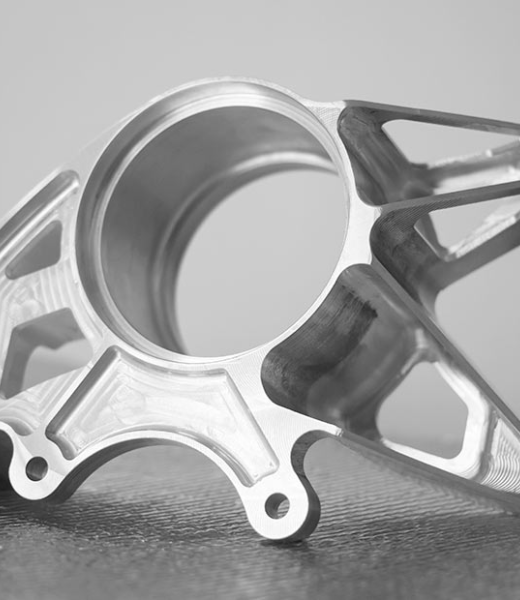
Quality Testing Standards for Rapid Prototyping Casting Services
Determines the material's ability to withstand pulling forces without breaking.
Measures the hardness of the material to ensure it meets performance requirements.
Detects any internal voids or air pockets that could compromise the part’s strength.
Verifies if the prototype fits within assembly components and operates correctly.
Measures how well the material performs under different thermal conditions.
Checks for visible defects such as cracks, leaks, or misalignments on the surface.
Inspection Techniques in Rapid Prototype Casting
Value/Range - 0.1 mm - 2 mm defect size
Aerospace (turbine blades), Automotive (cylinder heads)
Resolution: 5 µm - 100 µm
Medical (implants), Electronics (sensor housings)
Value/Range - 0.5 mm - 50 mm penetration depth
Energy (nuclear components), Industrial (gear housings)
Crack size: 0.01 mm - 2 mm
Defense (armor plates), Aerospace (airframe parts)
Detection depth: Up to 6 mm
Automotive (engine blocks), Industrial (shafts, gears)
Value/Range - ± 0.005 mm - ± 0.1 mm
Aerospace (aircraft brackets), Medical (prosthetics)
Accuracy: ± 0.01 mm - ± 0.05 mm
Consumer Goods (appliance casings), Automotive (body panels)
Value/Range - 20 - 700 HV (Vickers Hardness)
Heavy Machinery (pump casings), Automotive (brake components)
Elemental accuracy: ± 0.01% - ± 0.1%
Energy (turbine alloys), Industrial (high-strength castings)
Magnification: 50x - 1000x
Medical (bio-grade alloys), Aerospace (high-strength materials)
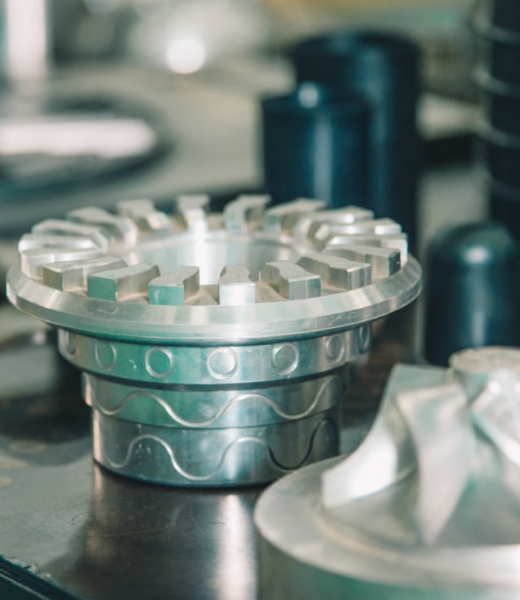
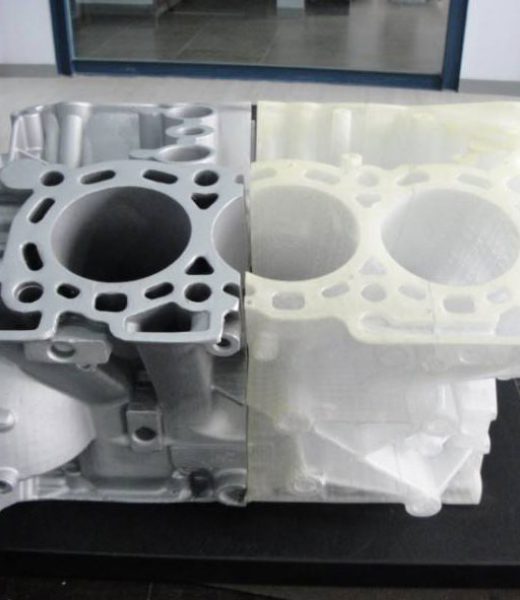
Industry Applications of Rapid Prototype Casting
Turbine blades, jet engine housings, satellite components
Cylinder heads, EV motor housings, suspension arms
Titanium implants, dental prosthetics, orthopedic tools
Micro heat sinks, semiconductor casings, sensor enclosures
UAV frames, missile guidance systems, armor plating
Wind turbine hubs, nuclear reactor components, fuel cells
Gear housings, hydraulic valve bodies, pump casings
Smart wearables, high-performance sports gear, power tools
Advanced Rapid Prototyping Solutions for Aerospace Engineering
Frigate’s rapid prototyping services are essential for the aerospace industry. We use cutting-edge technologies like 3D printing and precision machining to create prototypes quickly and accurately. This allows aerospace engineers to test and refine designs swiftly, ensuring that each component meets rigorous safety and performance standards.
Our prototypes provide a near-exact replica of the final product, enabling thorough testing and validation before full-scale production. With our rapid prototyping, aerospace companies can reduce development time, lower costs, and achieve high-quality results that meet their industry’s demanding requirements.


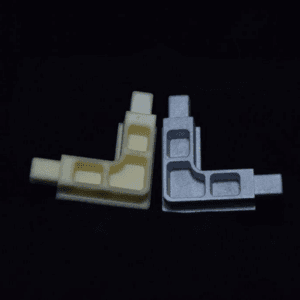


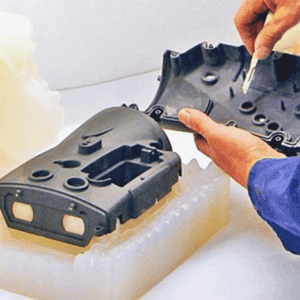
Industries We Serve
- Solid Progress
What You Gain with Us
We make your profitability and operations easier with practical approach.
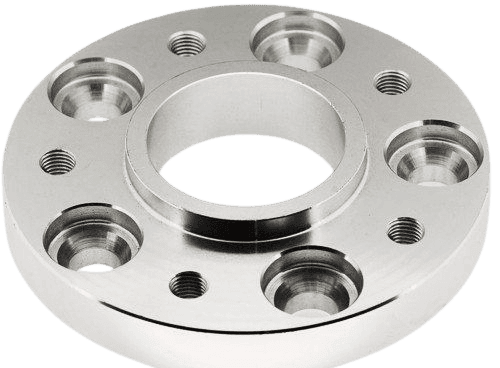

↓ 7-8%
OPS COST
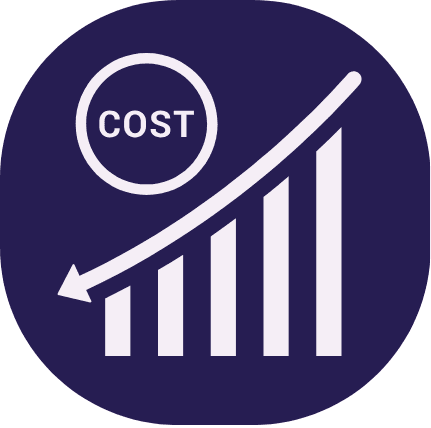
↓ 2-3%
COGM

3X
Aggregation
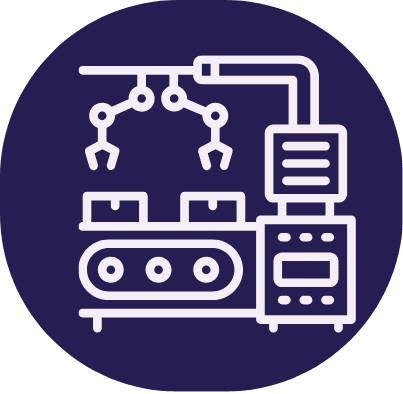
↑ 25%
Machinery Utilisation

↓ 50%
Expedition

↑ 30%
Frigater Revenue
Reduce Costs and Lead Time Using Rapid Prototype
At Frigate, we deliver aerospace-grade rapid prototype castings directly from your CAD files (.STEP, X_T, STL, and other formats). Our streamlined process allows us to produce high-quality prototypes in as little as five weeks. We cater to various designs—from single-piece oil and gas prototypes to full production runs for aerospace components.
Our rapid prototype castings are crafted from the same superior materials used in our investment castings, ensuring consistent quality and performance. Leveraging advanced 3D printing technology, we offer a variety of material options to suit your project’s specific needs, effectively balancing cost and quality. At Frigate, we aim to support your innovation with precision-engineered prototypes that meet the highest industry standards.

Check Out Our Blogs
What Our Customers Say about Frigate
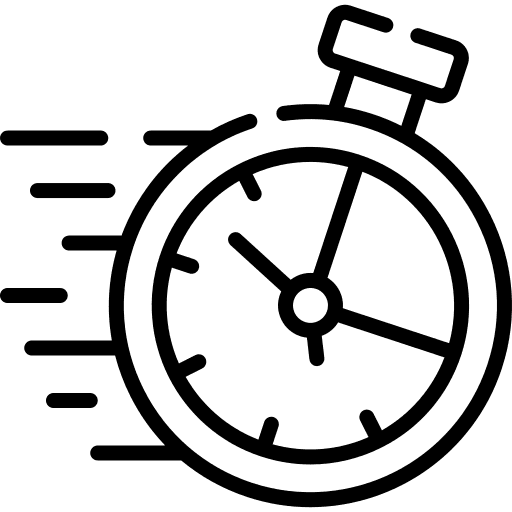
21%
Faster Manufacturing



Having Doubts? Our FAQ
Check all our Frequently Asked Question
Rapid prototyping can use various materials, including resin, metal, and plastic. Each material has its properties. For example, metal prototypes are strong and durable, while resin prototypes are great for detailed designs. Choosing the right material depends on the final product's requirements.
In rapid prototyping, 3D printing creates a mold for casting. The quality of the 3D-printed mold directly impacts the final casting. The casted part will have better accuracy and finish if the mold has fine details and smooth surfaces. This ensures a high-quality final product that meets specifications.
Yes, rapid prototyping significantly cuts down lead times. By quickly creating prototypes, manufacturers can test designs and make adjustments before the final casting. This speeds up the overall production process, allowing for faster delivery of the final product.
Advanced techniques like laser scanning and computer numerical control (CNC) machining are used to ensure dimensional accuracy. These methods precisely measure and adjust the prototypes, ensuring they match the design specifications. This accuracy is crucial for successful casting.
Rapid prototyping allows for creating complex geometries that traditional methods may struggle with. It enables the design of intricate shapes and features that enhance product functionality. This flexibility helps innovate new designs without traditional casting processes' constraints.
We'd love to Manufacture for you!
Submit the form below and our representative will be in touch shortly.
LOCATIONS
Global Sales Office
818, Preakness lane, Coppell, Texas, USA – 75019
Registered Office
23, 6th West Street, Balaji Nagar, Kattur, Pappakuruchi, Tiruchirappalli-620019, Tamil Nadu, India.
Operations Office
9/1, Poonthottam Nagar, Ramanandha Nagar, Saravanampatti, Coimbatore-641035, Tamil Nadu, India. ㅤ

